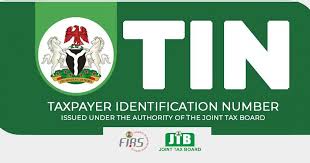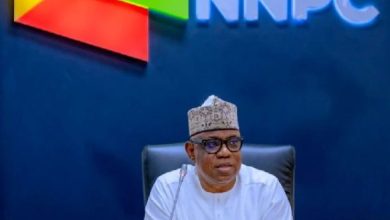NIMC Launches First Nationwide Staff Training
NIMC launched its first nationwide training, enrolling all 3,785 staff members across Nigeria simultaneously.
Officials said the reforms aim to improve staff welfare, boost efficiency and transform identity services nationwide.
The National Identity Management Commission (NIMC) has commenced its first-ever nationwide capacity-building program, enrolling all 3,785 staff members simultaneously across states and local government areas.
In a statement released on Saturday, the commission described the initiative as “historic,” noting that it marks the first time in its history that the entire workforce is undergoing training at once.
The move follows President Bola Tinubu’s directive for enhanced staff training across Ministries, Departments, and Agencies (MDAs) to boost efficiency in public service delivery.
Until now, NIMC’s staff development had been minimal. That trend shifted with the appointment of Dr. Abisoye Coker-Odusote as Director-General. Since assuming office, she has prioritized training while implementing reforms to improve staff welfare and operational efficiency.
Measures introduced include:
- Distribution of over 2,500 enrolment devices to strengthen data capture capacity.
- Implementation of a 25–35% salary increase following federal approval.
- Provision of additional transport allowances and free buses for staff at the NIMC headquarters in Abuja.
- Modern office furniture and improved work tools for state and local government staff.
According to the statement, employees across the country have expressed gratitude for what they described as the most inclusive and impactful reforms in the commission’s history.
Beyond welfare, the commission is focusing on improving service delivery. Last month, NIMC launched its Service Charter in Abuja, outlining an ambitious plan to reduce waiting times for enrolment and card issuance by at least 30% within one year.
Speaking at the launch, Dr. Coker-Odusote, represented by the Director of the Inspectorate and Enforcement Unit, Mr. Elias Okafor, said the goal is to make Nigeria’s identity management system “more efficient, accessible, and user-friendly.”
With more than 200 million Nigerians depending on the system for enrolment, verification, and identity services, the changes are expected to have far-reaching implications for governance, security, and economic planning.
“The commission remains committed to improving service delivery, building staff capacity, and ensuring that Nigeria’s identity management system becomes a model of efficiency and reliability,” the statement added.



